Stephanie Tripp will perform the worst of women – an incarnation of the Devil
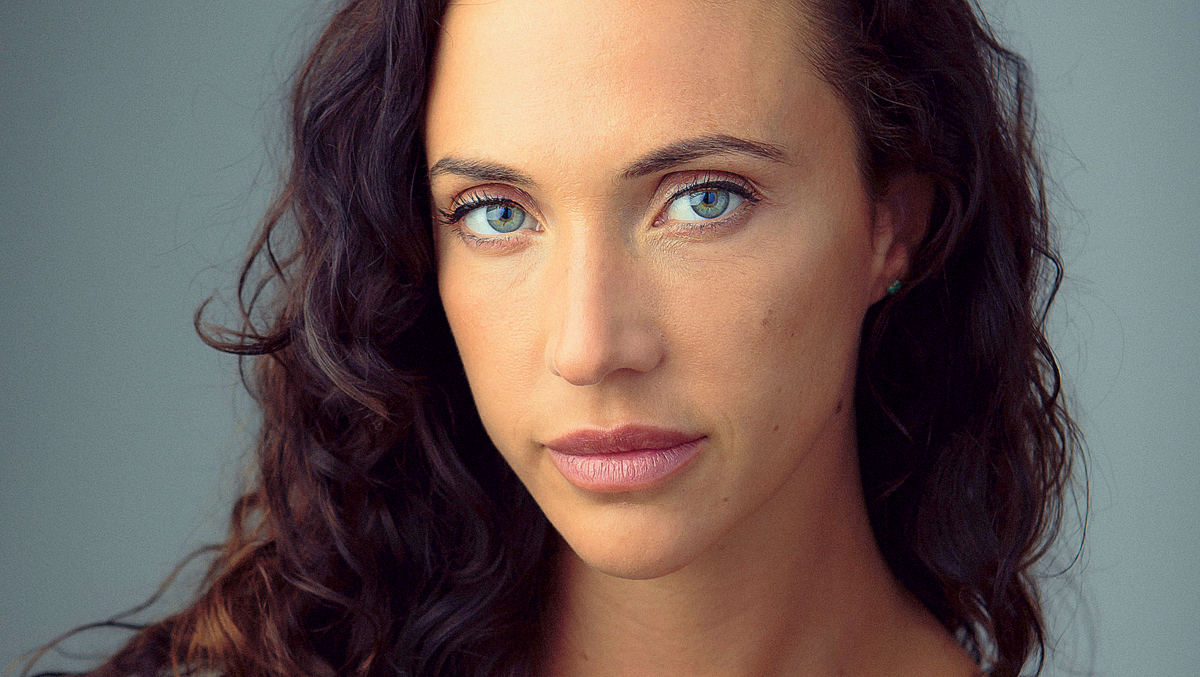
PRESS RELEASE
Los Angeles, CA (April 22, 2023). “I love films about people, about real life, about human emotion. And the impact life’s ups and downs have on us all. Those are the type of films that made me want to be an actor.” This direct quote from Stephanie Tripp already tells us a lot about her. British actress Stephanie Tripp grew up in the countryside, in South West England, Somerset.
She discovered performing in her youth, and it seems she was destined to have a career in the arts. Later, she studied Acting and Musical Theatre at South West Academy of Performing Arts (SWADA) in Bristol. After completing her studies she made her acting debut at the Bristol Old Vic Theatre. She performed the lead Sophia Western in Henry Fielding’s comedic play Tom Jones.
Since then, Stephanie has focused her attention on acting for the screen. She is currently attached to exciting new projects filming this year. Her previous work includes performing in the Humans (TV series). And in the Revolution X (feature film) – due for release in 2023. And the Fat Cat (independent feature film) that sees her playing alongside Lorenzo Richelmy (Marco Polo).
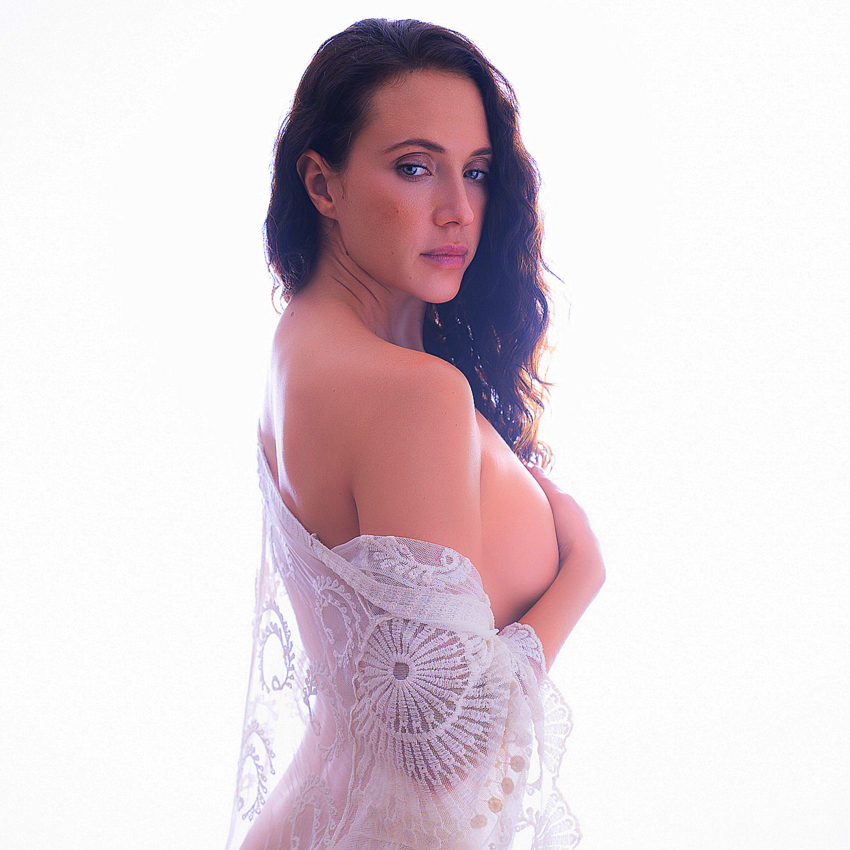
Stephanie is the undisputed star in The Trilogy project. She is the lead actress in all three motion pictures that make-up the project. As well as she will have a prominent presence in the three sequential documentaries.
Writer/Director of The Trilogy, Bruno Pischiutta, explains his considerations in choosing Stephanie, among a thousand, to lead his iconoclastic films. “Steph is not only a lovely person from every point of view, she is definitely also a very good person.
I chose her for the top part by following Stanislavski‘s suggestion. In fact, he rightly says that to portray an exceptionally bad character, you have to look for a particularly good-natured actor. I also needed a strikingly beautiful and remarkably good actress; so Stephanie was chosen to play this diabolical part.”
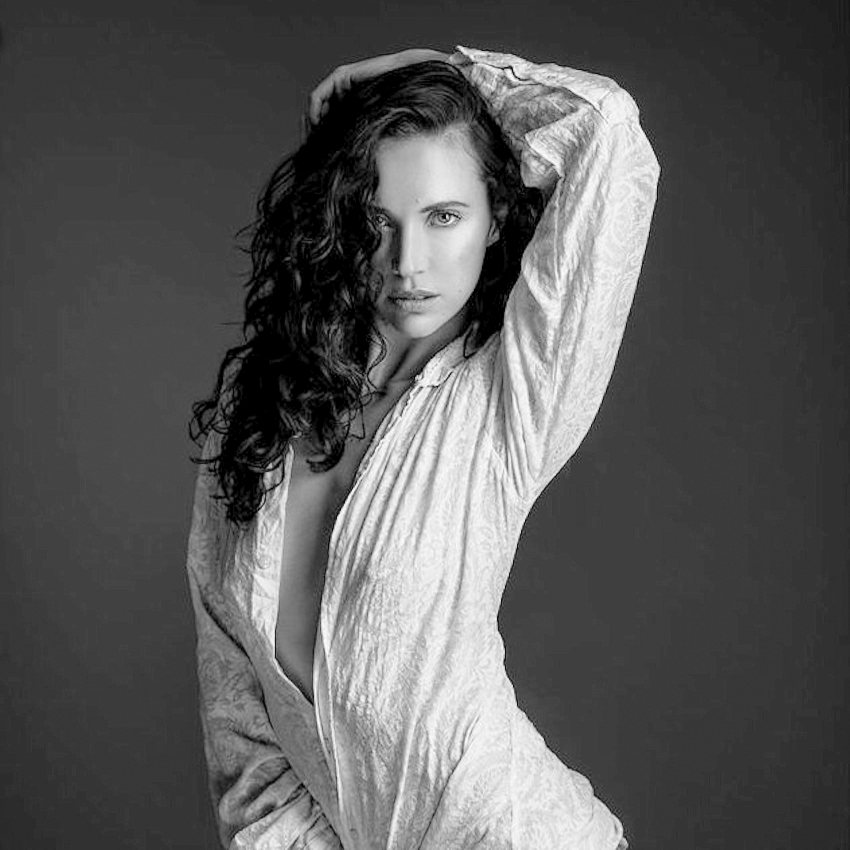
Certainly, The Trilogy is one of the most important film projects being made in the world in this moment. It deals with human relationships, with a particular focus on love relationships. But it does not limit itself to this topic. It goes much further. It goes as far as defining the ongoing existential interplay of good and evil and its inherent conflicts.
Pischiutta continues, “in the course of my career, when years ago I shot the film The Comoedia. I had to find a way to create the image of God for the screen. And I did it, at everybody’s judgement, with excellent results. Now, in The Trilogy, I have to put the Devil on the screen.
To succeed in this difficult endeavor. I did research to see how some Italian and European painters from Renaissance to Rococo portrayed the Devil.
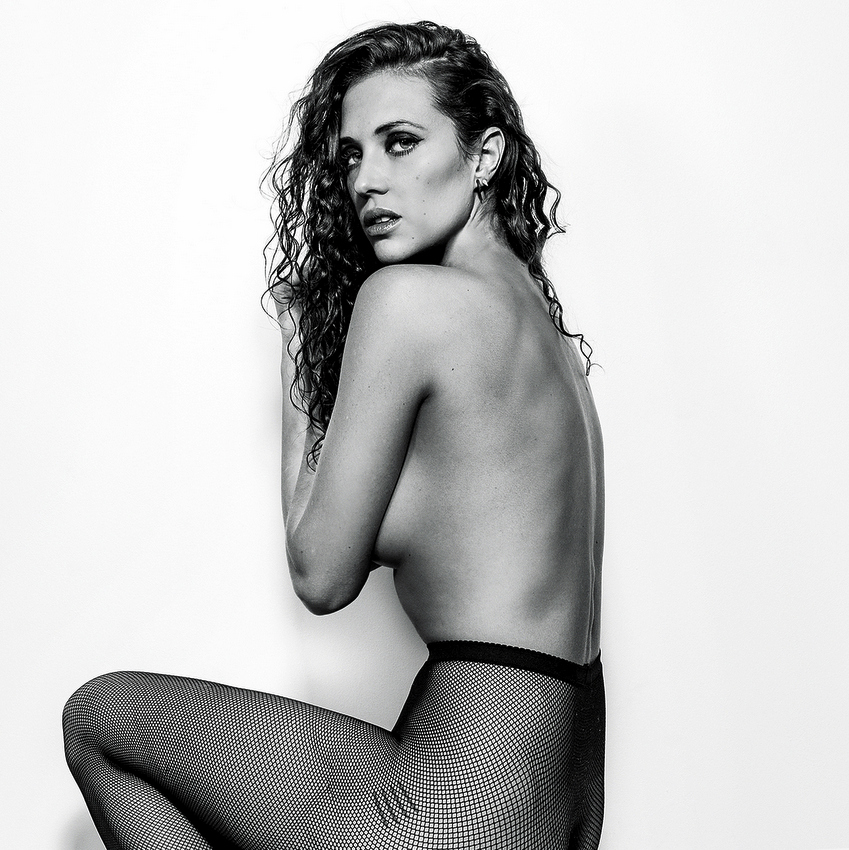
When I was a kid, just 15 years old, I saw a fresco of Giovanni Battista Tiepolo in Venice and was struck by how the painter depicted the Devil in an extremely attractive manner and, while extending the tradition of Baroque ceiling decoration, epitomized the lightness and elegance of the Rococo period.
The same can be said in Gustave Doré’s work and, going back in time to the Renaissance, we see that, although in a different style, Guido Reni, Peter Paul Rubens and Michelangelo in his Minos, a detail in Last Judgment, on the Sistine Chapel wall reach the same conclusions: the ethical structure of the Devil exists and it is a “non-ethical” structure.
In the character played by Stephanie, there is only one truly devilish element that is in no way her fault; from the tender age of 11, her role model has been a particularly corrupt girl, a thief and a prostitute, a girl who sees in the bodies of men, women and children only different possibilities to satisfy her sexual needs and to experience pleasure (note how this aspect is highly topical in today’s America). Her role model has no morality, no sense of justice, and is utterly ungrateful to and sees no validity in family ties.
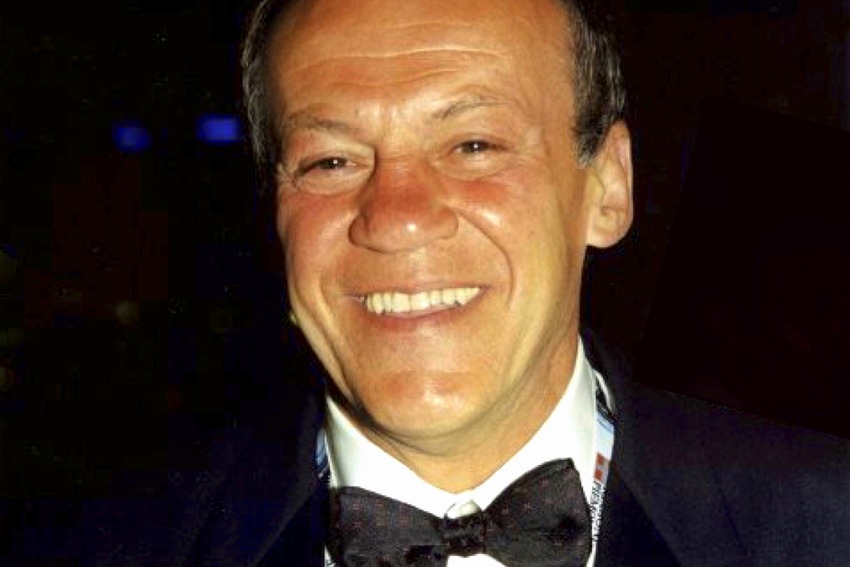
In other words, the Judeo-Christian ethical system we are used to, is pitted against that of the Devil. My character embraces the Devil’s ethics, which are non-ethics, and the opposing systems create the conflict present in the films which, come to think of it, also creates the reality in our lives.
With this in mind, I vow to bring Stephanie’s grace and her way of blushing to the screen.”
Pischiutta expresses his final thoughts on his most important casting choice for The Trilogy with these words: “Stephanie Tripp is one of the most beautiful and talented young actresses in the world, and her portrayal of the lead character in my Trilogy films will guarantee her entry into the firmament of film Stars to which she belongs.”
The project is a few months away from start of principal photography that will take place in London, UK and on the Aegean coast in Greece.
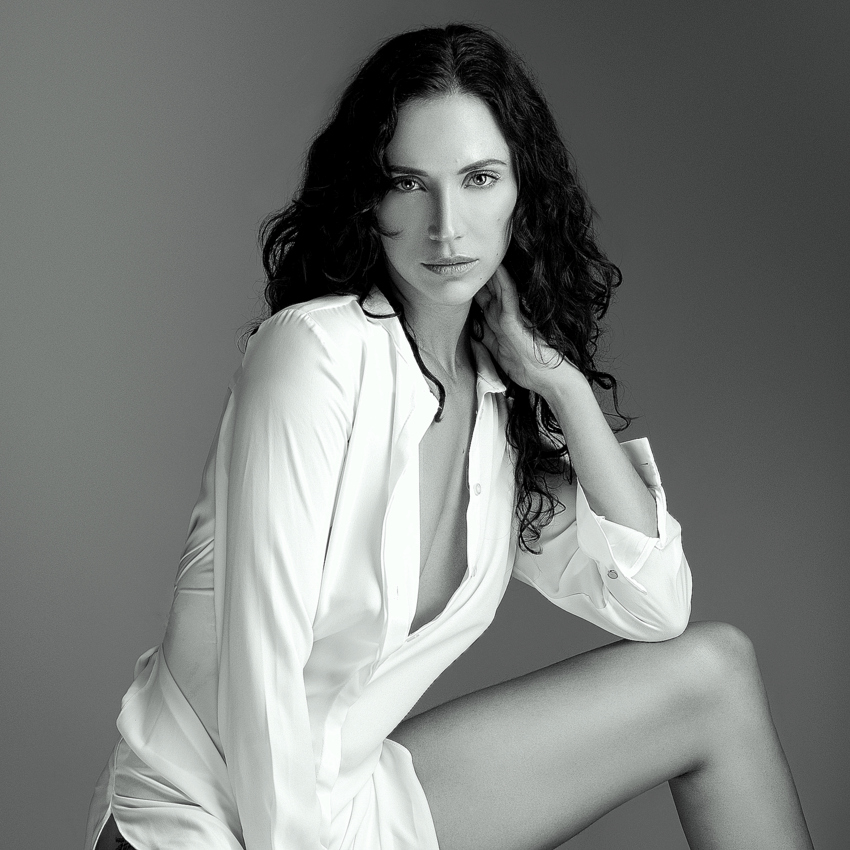
The highly anticipated project, that is touching on sensitive and very actual subjects of our time such a freedom of speech, the sexualization of children, Satanism, and pedophilia, is the latest creation of Maestro Bruno Pischiutta, who wrote the original screenplays. He will direct and, with Daria Trifu, produce them. His last film, Punctured Hope , was qualified for nomination consideration at the Academy Awards and nominated Best Film Expose and Best Film on Human Rights by The Political Film Society in Hollywood.
Stephanie is thrilled to lead in The Trilogy, and feels very honored to be working with Maestro Bruno Pischiutta – one of the industry’s greatest Italian film directors. “I am so delighted to be working with Bruno and eager to bring his vision through this incredible story to life.”
Did this press release inform you? Would you like to comment on the press release? If you do, we would respond. Do let us know your thoughts if you have any suggestions. So hit us up on Facebook, Instagram! or Twitter.
INDIE ACTIVITIES
Where We Stay by Florence Bouvy to Screen at CIFF
Where We Stay | CIFF Selected Drama About Friends Hiding Unspoken Truths
This Place by V.T. Nayani: Two Women in Love for the First Time on VOD & DVD March 25
Freestyle Acquires “This Place” for March Release
Sonoma International Film Festival Wraps with Unforgettable Films, Culinary Cinema and Packed Pop-In Events
Sonoma International Film Festival Grand Jury and Audience Award Films Announced
Livestreams with Grandmapuzzles by Emily Sheskin to Screen at CIFF
CIFF Selected Documentary About Twitch Streaming Jigsaw Puzzler
VisionRey Snags Acceptance for 2 Films at FilmApalooza
VisionRey is a Mexican-American Female-Led Film Company






